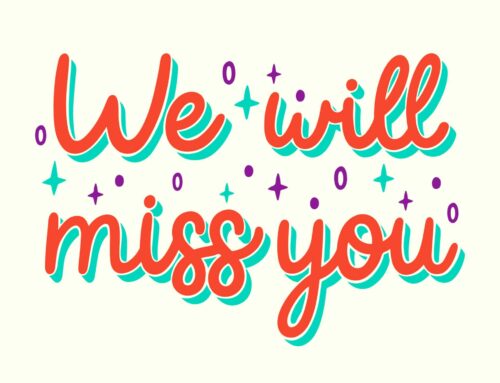
Yogi Berra said “it is difficult to make predictions, especially about the future”. What will the future of work be like? I am not an economist but my team and me have been interviewing thousands of candidates in the past 20 years who want or have to change job. We have also talked to a similar number of decision makers in companies who tell us about their challenges to find and keep talent.
We hear from knowledge-workers what they like and dislike about their jobs and companies and how they would like to work in the future. And in times were talent is rare, employees will determine what the future of work will look like – not the companies anymore.
What will tomorrow’s workplace look like? Here come the top 3 predictions:
- “Flex is key”: Work in the 20th century has been mainly “full-time, exclusive employment relationships where people are paid for the amount of time they spend at a common location, organized in stable hierarchies where they are evaluated primarily through the judgment of their superiors” (McKinsey). Tomorrow’s knowledge workers want more flexibility in every term. ‘Flex time’, ‘the possibility to have a home office’ or ‘work life balance’ has become normal, before Covid and after even more. People do not work today the way we used to 10 years ago. There is no longer a clear distinction between work and private life: we are connected 24/7 and for many jobs, it does not make a difference if we respond to a customer from our work station Monday 4PM or from home Saturday 9AM. The term ‘work’ will be defined differently and today’s means to measure it will no longer be valid. John Seely Brown, Independent Co-Chairman of the Deloitte Center for the Edge, takes it to the extreme with his statement “A tremendous amount of my work is done in my sleep.” (Aspen Institute). Future work contracts might no longer state weekly hours as long as the job will be done and salaries could be linked to results only. We will work from anywhere in the world and only drop by for meetings. Office space and rent will be reduced, fix work stations belong to the past, we will work in virtual teams and cross-boarder. Sabbaticals and off-times will be normal, a permanent work contract a relic. We will turn to a true ‘management by objectives’
- “Management has ceased to exist”: With higher turnover, less loyalty and 60-80% ‘Just In Time Workers’, the way we manage people and knowledge must fundamentally change. In the future, talent will be fluid and move in and out of companies. If generation Y or Z don’t like what you tell them, they will simply not return from their lunch break. And generation X can learn from them not only as an employer but also as an employee. The protection of intellectual property – a key component of competitiveness in the near past – will have much less importance. ‘The Information Age’ was yesterday as today as information is omnipresent at all times and any place with mobile connection. Not information will secure your competitive edge tomorrow but how you use it. The challenges for tomorrow’s managers will therefore no longer be to define rules and control that procedures are followed but to create an environment for their teams to get the job done, to form context and meaning. Management must turn from top-down to down-top. It has to empower employees and treat them like partners, clients or alliances
- “The end of corporate companies”: Every week, we see senior leaders with 14, 16 or 22 years track record in the same company. They have been loyal and accepted every job the group asked them to. Yet at one point of time, the company verticalizes, horizontalizes or restructures in another way and they are made redundant. The big corporates regularly shed jobs whilst startups, SMEs and of course family owned companies create them. It is a question mark how companies with 100,000+ employees will adapt to the new world compared to fast moving SMEs or start-ups. An agile speedboat can easily steer around an iceberg – the leviathan Titanic could not. Thomas W. Malone, Director of the MIT Center for Collective Intelligence writes “We should probably expect that the main way that this transition will occur is with new companies—startups—that are different from the beginning, rather than old companies that are transformed.” (The Future of Work, Harvard Business Review Press). Futhermore, big companies often do not offer a work place for 50+: one of my friends, running the country operations of a corporate company with 250 people, told me “average age here is 40”. Big corporate companies might be the big losers of the 21th century labor world and will have to move fast to attract and keep talent (The “Orange World”/ PriceWaterhouseCoopers).
Conclusion:
Peter Drucker wrote “all we know about the future is that it will be different”. The world is changing more rapidly than ever yet the meaning of work has not changed: ‘give sense to life, get access to social contacts, build status, structure our days, find self fulfilment and pay the rent’ though the individual importance of each might shift. Let’s continue to work hard for our employers and for our careers and everything will be fine (at least let’s hope so…).






